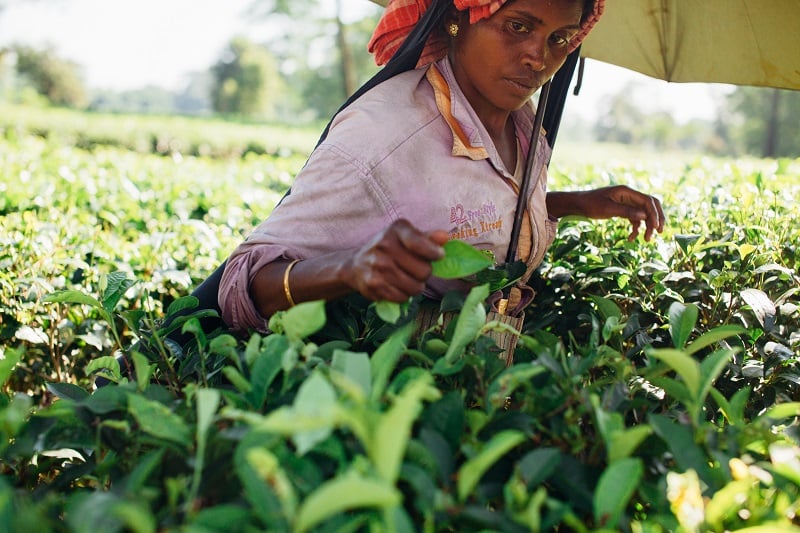
Callum Provan
Content Strategist
The 58th Session of the Intergovernmental Panel on Climate Change (IPCC) launched the AR6 Synthesis Report (SYR), which aims to distil three years of work into a concise, non-technical report for policymakers.
Antonio Guterres, UN Secretary General called it a “clarion call to massively fast-track climate efforts by every country and every sector and on every timeframe,” in his opening address.
“In short, our world needs climate action on all fronts – everything, everywhere, all at once.”
The 10-page summary for policymakers is still quite technical for most. It’s divided into three sections; the current status and trends; future climate change, risks, and long term responses; and responses in the near term.
There is also a shorter one-page summary of headline statements, with the full report coming soon.
A critical moment
Dr Hoesung Lee, Chair of the IPCC, led the press conference where investment was a key talking point, alongside the risks of inaction and the opportunities offered by climate solutions.
“This is the world’s most comprehensive science on climate change – the resource for policy makers at a critical moment in history,” Dr Lee announced.
SYR will be a crucial resource for world leaders at COP28 this year, supporting the first UN Global Stocktake which will assess progress to-date in achieving the goals of the Paris Agreement. It will also help countries to set their next set of nationally defined contribution (NDCs) targets.
The report reiterates that the risks of climate change are already unfolding. More intense droughts and flooding, threats to food and water security, and illness and death are having a catastrophic impact on communities, with developing nations most affected and more than half the world’s population highly vulnerable.
“Climate change is throwing its hardest punches at the most vulnerable communities,” said Inger Andersen, Executive Director of the UN Environment Programme.
Adaptation gap
Throughout, IPCC experts made frequent references to the investment gap for both adaptation and mitigation efforts, with required spending estimated to be 3-6 times more than current levels.
“But there is enough global financing,” Dr Lee stressed, explaining that governments must send clearer signals to investors to unlock private finance flows.
The panel also called for the financial system to start “recognising the urgency of pricing the risks of climate change,” highlighting the importance of building adaptation and resilience into financial models.
Our discussion paper on climate resilience in September 2022 outlined proposed guidance for investors in this space, complementing the popular Net Zero Investment Framework (NZIF), with more to be announced in the coming months.
When asked what made this report different, experts pointed out that SYR “busts the myth” of endless adaptation.
Adaptation options that are feasible and effective today will become constrained and less effective with increasing global warming, it warns, making mitigation the most important line of defence.
One mitigation solution suggested by the IPCC is to lower the energy consumption of buildings, which could reduce energy demand by 60% by 2030. Our recent report on whole life carbon aims to help investors and industry players build this thinking into their real estate decisions.
Finance flows
The report also renews calls for more investment in developing nations, reflecting the inclusion of loss and damage at COP27 in Egypt. The IPCC Chair made frequent references to the responsibility of rich nations and the technologies they possess.
This also represents an opportunity for institutional investors, the panel suggested, with scope beyond mitigation into other areas such as energy access in developing nations.
Aligning investment in emerging markets is already an important topic for our members and a key part of our strategy. We are engaging with external partners now to begin formulating guidance.
Overall, the report is a hugely impressive body of work complied by experts, mostly alongside full-time jobs. Their hope, like so many others, is that it translates into policies that accelerate action.
If you’d like to receive our exclusive member-only insights and analysis, why not speak to our investor relations manager today to find out more about becoming a part of IIGCC.